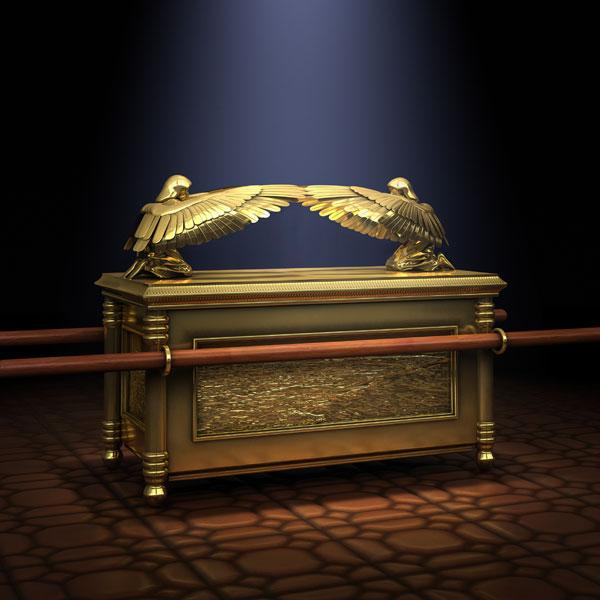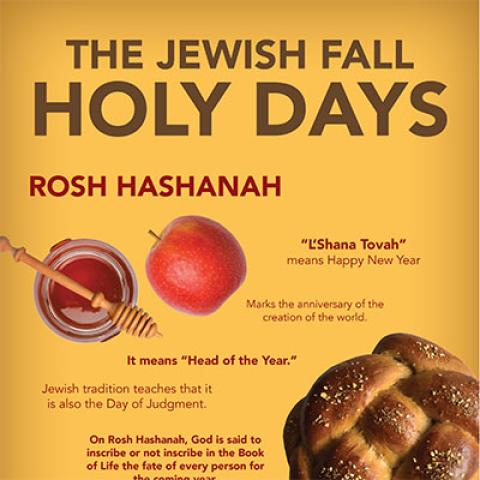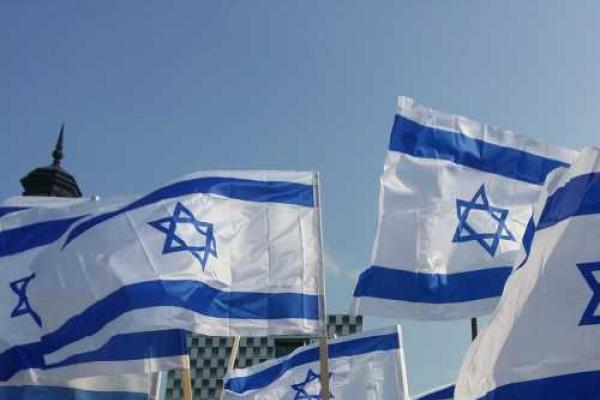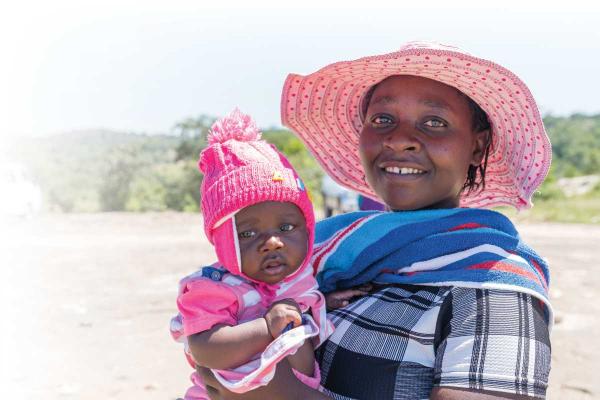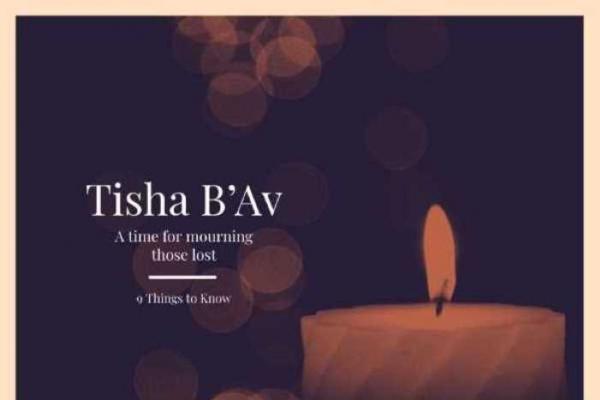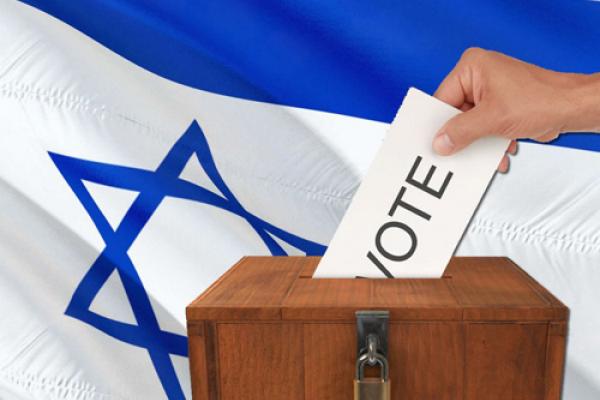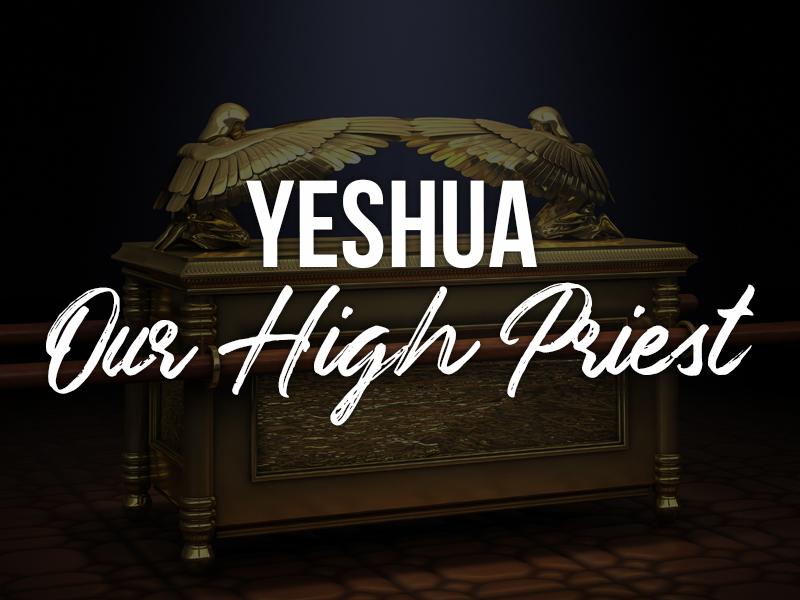
It is amazing how much depth we can see when we understand the Jewish foundation upon which the New Covenant is built. God is One; He is cohesive and intentional. He communicates it throughout the Scriptures as He ties Old and New Covenants together with His single purpose: the redemption of Israel and all of humanity.
When God instituted the Jewish Feast of Yom Kippur (the Day of Atonement), He knew that thousands of years later, His Messiah, Yeshua (Jesus), would perform the duties of a High Priest to perfection and completion. Just like Yeshua did not abolish the Law, but fulfilled it – filled it full – for us, so too He did not abolish the Day of Atonement. He makes its meaning and imagery full.
In Yom Kippur, God placed prophetic pictures of events He would bring to pass with Yeshua’s first and second comings. Yeshua's sacrificial death filled full the first of these parallels. The writer of Hebrews wanted the Jewish people to know that Yeshua is the Messiah and our High Priest forever.
Yeshua is a priest according to the order of Melchizedek
Jesus is not from the tribe of Levi, the family of Israel’s priests. He is not a priest according to the line of Aaron. There was another priest who was outside the expected lineage: Melchizedek. This King of Salem seems to have come from nowhere, yet Abraham gave him a tenth of all that he had, indicating he was the greater of the two.
Psalm 110:4 proclaims that the Messiah would be a priest according to the order of Melchizedek. The book of Hebrews compares Yeshua to Melchizedek who had “no beginning of days nor end of life, but, made like Ben-Elohim [the Son of God], he remains a kohen [priest] for all time” (Hebrews 7:3). Because Yeshua lives eternally, His priesthood never ends; He is a priest forever. (See Genesis 14:18–20, Hebrews chapter 7.)
Yeshua was appointed High Priest
The High Priests of Israel did not take upon themselves the mantel of this important position. They were appointed from their father; Aaron was appointed by the Lord Himself through Moses. Yeshua was appointed by God through the Messianic prophetic words of the Psalms and are quoted in Hebrews as the author begins to reveal Jesus’ role as our High Priest. (See Psalm 2:7, Psalm 110:4 and Hebrews 5:5.)
Yeshua is our mediator
The priest was a mediator, one who goes before God representing the people. He made the sacrifices and prayed for Israel. First Timothy 2:5 proclaims that there is one mediator between God and man: Yeshua. The book of Hebrews explains that Jesus sits in Heaven at the right hand of the Father’s thrown as a minister of the “true tabernacle,” erected by God, not man (Hebrews 8:2). He mediates for us and has become the guarantee of a “better covenant,” and He lives eternally to intercede for us. (See Hebrews 7:22, 25b, 8:1–6.)
Yeshua entered the Holy of Holies
One day each year – on Yom Kippur, the Day of Atonement – the High Priest entered the Holy of Holies in the tabernacle or Temple. It was the most sacred place of the Temple; it was where God’s presence dwelled. The priest had to ceremonially bathe and offer sacrifices for his own sins before he was considered pure enough to enter behind the thick curtain into this holy, inner chamber.
Yeshua was perfectly pure, undefiled and separate from sinners. He did not need to make sacrifices for Himself before offering His blood for our sins. As our High Priest, He entered into the heavenly Holy of Holies once to make atonement for all. (See Hebrews 7:26–28, 9:11–12.)
Yeshua brought the blood of a sacrifice
On the Day of Atonement, the High Priest brought the blood of bulls and goats into the Temple, sprinkling it on the Mercy Seat in the Holy of Holies to cover Israel’s sin. Yeshua brought His own blood. Through His sacrifice, offering Himself without blemish, He obtained eternal redemption for us. He did this once and for all. (See Hebrews 7:27, 9:12–13, 26-28, 10:2, 10.)
Yeshua is our sympathetic High Priest
The High Priest could sympathize with Israel because he too sinned. Yeshua is a fitting High Priest because, though He was without sin, He was tempted in every way like we are. Therefore, He understands our weaknesses and offers His compassion. Those who have placed their trust in Him may approach His holiness and receive grace and mercy in times of need. (See Hebrews 4:15–16 and 7:26–28.)
Yeshua’s sacrifice made complete atonement for our sin
Yom Kippur sacrifices covered sin, but they did not remove it. Scripture tells us that the blood of bulls and goats can atone for sins, but Yeshua’s blood utterly “puts away sin.” As our High Priest, Yeshua does not need to bring His blood year after year the way the priests of old brought sacrifices. He offered His blood once, for all, and “He is able to save completely those who draw near to God through Him (Hebrews 7:25).” We have been made holy through the offering of the Messiah’s blood. (See Hebrews 9:26–10:11.)
Yeshua inaugurated the new covenant
When He entered into the heavenly Holy of Holies with His own blood, Yeshua brought about the new covenant prophesied in Jeremiah 31:31–33. He enabled God’s Law to be placed in our hearts and His Holy Spirit to dwell inside us. God dwells in those who have placed their faith in Yeshua, and we have been made in the likeness of the Temple of God. We can enter His presence boldly without fear of condemnation. (See Hebrews 8:7–12, Ephesians 1:13, 1 Corinthians 6:19–20, Hebrews 4:16, Romans 8:1, 15.)
As you spend time with God on Yom Kippur, reflect on His holiness and the redemption Jesus bought for you with His blood. Which aspect of Yeshua’s High Priesthood touches your heart the most? Why? Thank Him for it, and worship Him for all He has done for you.
On Yom Kippur, may you be filled with awe at God’s glory and holiness as well as the complete assurance that He invites you to come boldly into His presence because of His great love for you.
Get the Fall Feasts Infographic
Discover the meaning and wonder of Rosh Hashanah, Yom Kippur, and Sukkot with this specially designed infographic.



